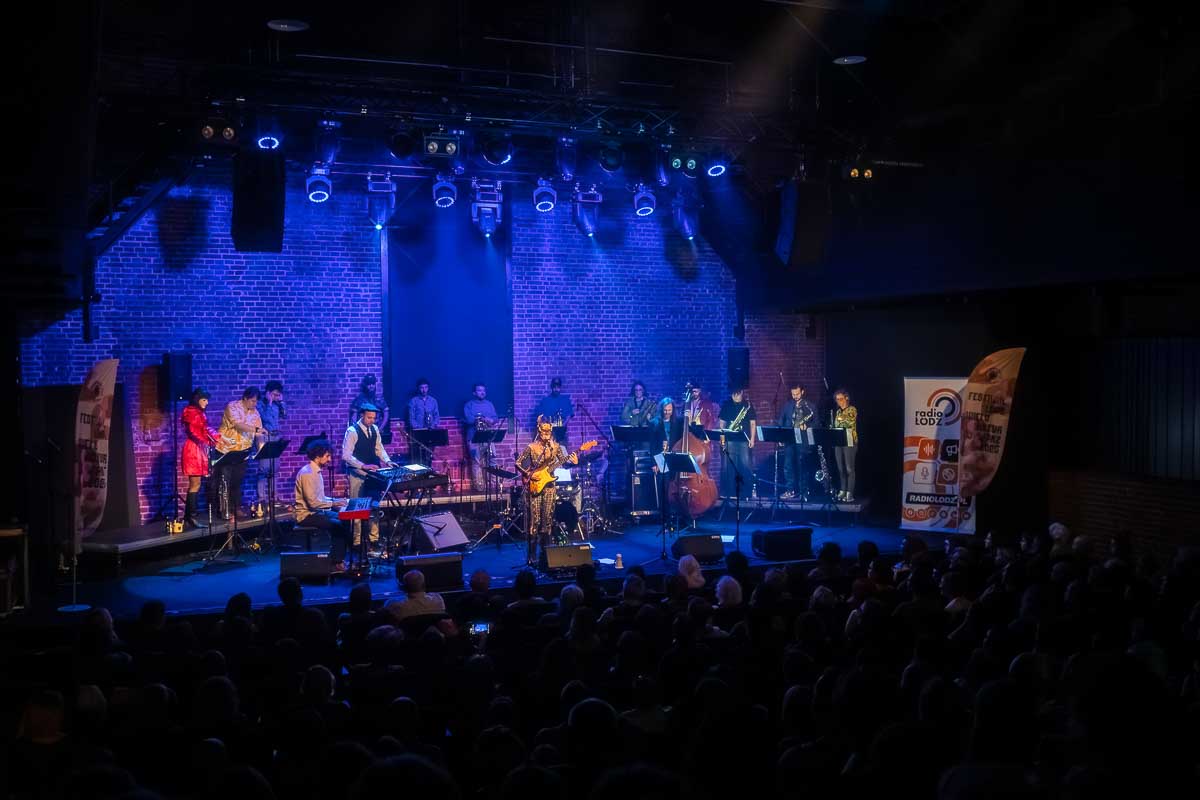Aktualności

Mały Festiwal po raz 4! | dofinansowanie z MKiDN
Miło nam poinformować, że otrzymaliśmy dofinansowanie w wysokości 182 000 zł z Ministerstwa Kultury i Dziedzictwa Narodowego z programu Wydarzenia artystyczne dla dzieci i młodzieży! Dzięki temu po raz czwarty w ramach Festiwalu odbędzie się jego „Mała” edycja.
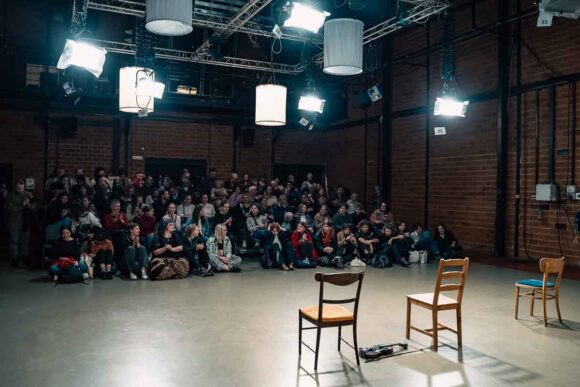
Dofinansowanie z programu TEATR
Piątek trzynastego to od dziś dzień dobrych wiadomości! Otrzymaliśmy kolejne dofinansowanie w wysokości 150 000 zł z Ministerstwa Kultury i Dziedzictwa Narodowego, tym razem z programu TEATR.
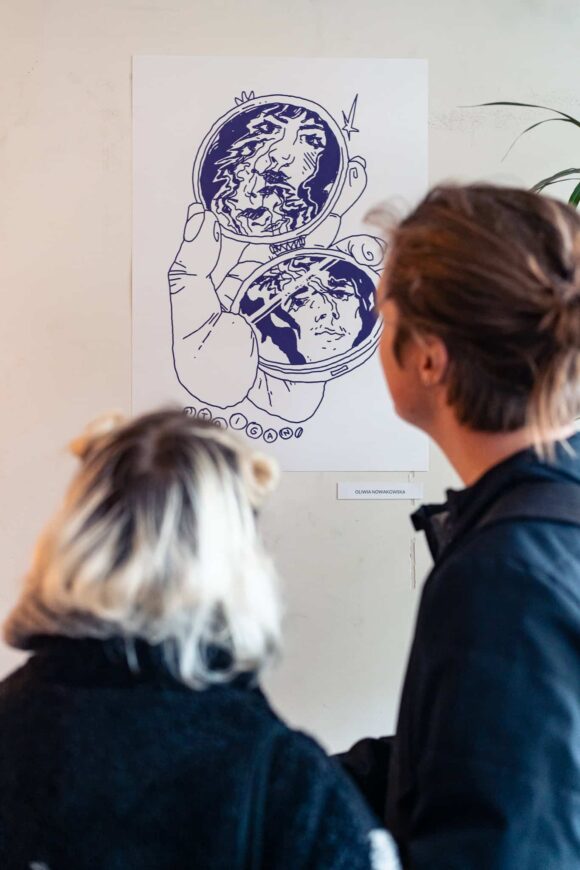
Dofinansowanie z programu: SZTUKI WIZUALNE
Brawo My! Dziś otrzymaliśmy informację o kolejnej dotacji z Ministerstwa Kultury i Dziedzictwa Narodowego – tym razem na sztuki wizualne.

Dofinansowanie z programu TANIEC
HOT NEWS! Otrzymaliśmy pierwszą dotację MKiDN!
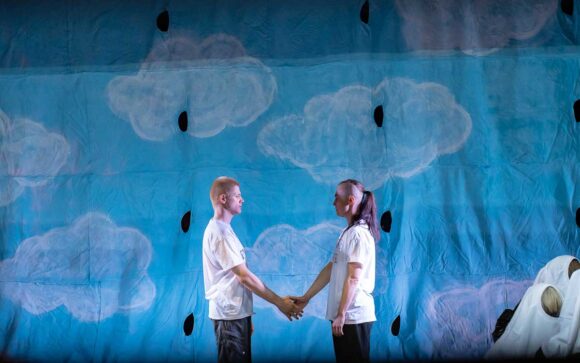
SHIRTSHOW | fotorelacja
Dziś wspominamy performance choreograficzny SHIRTSHOW, który miał swoją premierę na zeszłorocznym Festiwalu.

GRAMY Z WOŚP! | wylicytuj VIP wejściówkę na Festiwal 2026
Zachęcamy do wzięcia udziału w licytacji naszej VIP wejściówki na portalu Allegro.
VIP WEJŚCIÓWKA uprawnia zwycięzcę lub zwyciężczynię licytacji wraz z osobą towarzyszącą do udziału we wszystkich wydarzeniach tegorocznej edycji Festiwalu Łódź Wielu Kultur.

Festiwal 2026 | NOWY TERMIN!
W tym roku Festiwal Łódź Wielu Kultur będzie miał formułę kroczącą (rozciągniętą w czasie). Na wydarzenia zapraszamy od kwietnia do listopada, a główny weekend festiwalowy to… 17-20 września 2026!
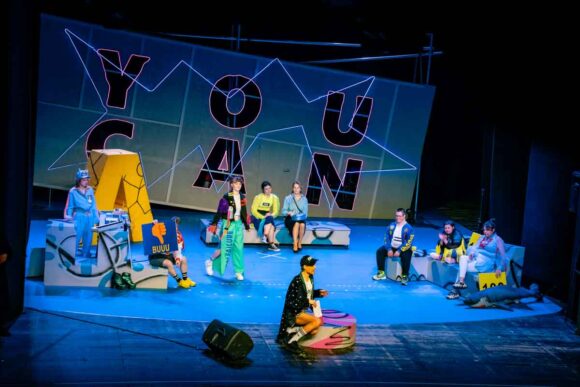
„You can fail! Porażka Show” na Festiwalu Łódź Wielu Kultur 2025| fotorelacja
7 października 2025 na deskach Teatru Nowego zaprezentowaliśmy naszej młodszej publiczności spektakl „You can fail! Porażka Show” w reżyserii Justyny Sobczyk.


